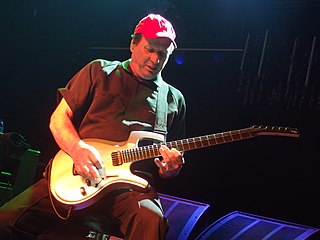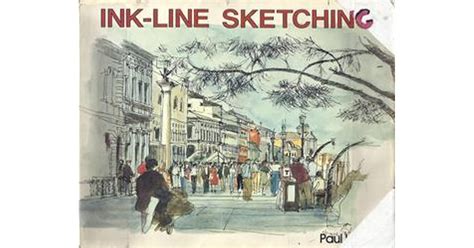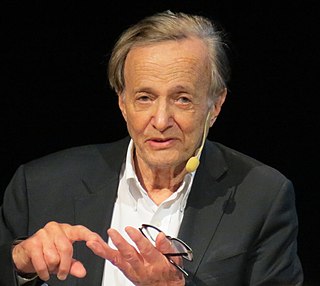A Quote by Christina Baldwin
Most of us have developed a fairly extensive vocabulary for describing pain, as though the journal were a doctor requiring much detail to make the correct diagnosis. The roundness of the spiritual journey cannot be expressed without developing an equally extensive vocabulary for talking to ourselves and others about the nature of wonder, joy, ecstasy, love, transfiguration.
Related Quotes
The increasing technicality of the terminology employed is also a serious difficulty. It has become necessary to learn an extensive vocabulary before a book in even a limited department of science can be consulted with much profit. This change, of course, has its advantages for the initiated, in securing precision and concisement of statement; but it tends to narrow the field in which an investigator can labour, and it cannot fail to become, in the future, a serious impediment to wide inductive generalisations.
We haven't developed a progressive vocabulary. We say something is "public," but we just mean it's viewable online. Or we say it's "open," but we just mean it's accessible. I would like for us to think about terms critically and maybe change our vocabulary a bit. What if pubic actually meant publicly-funded, or social meant socialized.
One of the problems with watching TV is that you've got a fairly low level of language operating all the time. Quite a small vocabulary and really no conceptual or abstract thinking. That's an issue. If you've got a wide vocabulary, you can learn. The complexities of grammar, in themselves, force you to think about time in a particular way. Force you to widen your outlook on the world.
To be awake and harmonious creates the possibility for ecstasy to happen. Ecstasy means the ultimate joy, inexpressible; no words are adequate to say anything about it. And when one has attained to ecstasy, when one has known the ultimate peak of joy, compassion comes as a consequence. When you have that joy, you like to share it; you cannot avoid sharing, sharing is inevitable.
In 1939 I wrote my first article ("Intime banaliteter" [Intimate banalities] in the journal Helhesten) in which I expressed my love for sofa painting, and for the last twenty years I have been preoccupied with the idea of rendering homage to it. Thus I act with full responsibility and after extensive reflection. Only my current situation has enabled me to accomplish the expensive task of demonstrating that the preferred sustenance of painting is painting.
































